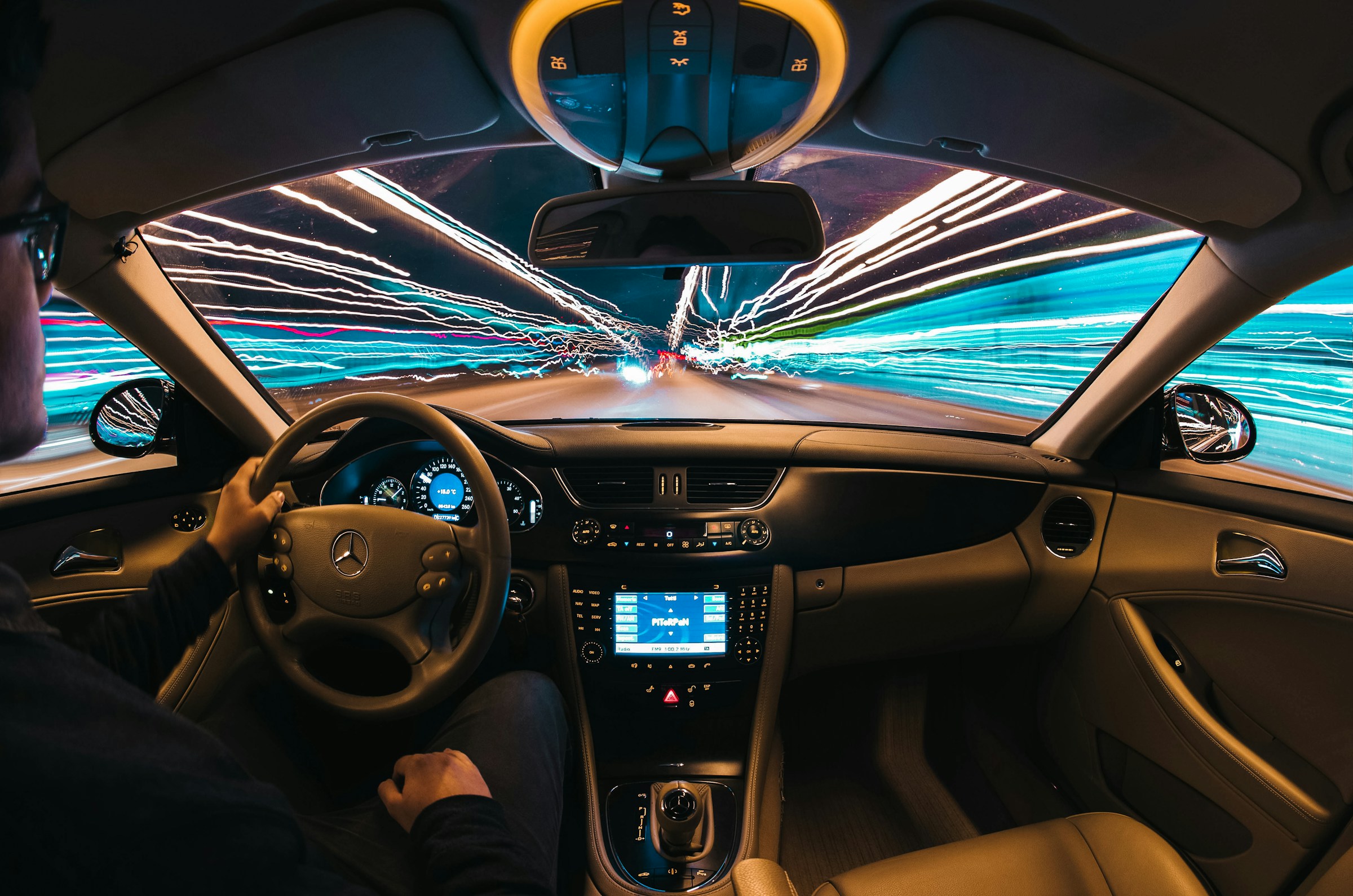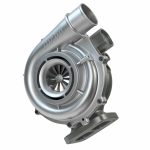For many, owning a luxury car is a sign of success and wealth. However, these high-end vehicles come with a significant cost – depreciation. It’s a common knowledge that cars, including luxury ones, start to depreciate as soon as they leave the dealership. But finding out how much a car’s value will decrease over time can be a complex process, especially with luxury models. To make it less complicated, you can make use of a depreciation calculator. But how exactly do these tools work? In this article, we’ll explain how to accurately calculate the depreciation rate of a luxury car in the UK market.
Understanding Car Depreciation
Before you can calculate the depreciation rate of a car, you first need to understand what depreciation is. In simple terms, depreciation is the decrease in the value of a car over time. Several factors affect this value, including the car’s mileage, the overall condition of the vehicle, and the market demand for that specific model.
Also to see : What is the most effective method to negotiate with car dealers for factory upgrades in the UK?
When a car is new, its depreciation rate is the highest. In the first year, a car will usually depreciate by around 20%-30% of its initial cost. After the first year, the rate of depreciation slows down, but the car will continue to lose value as the years pass.
Although most cars depreciate at a similar rate, luxury vehicles can depreciate at a faster pace due to higher maintenance costs and a smaller market of potential buyers. Despite this, luxury cars are often sought after for their superior build quality, enhanced performance, and prestigious brand names.
Topic to read : How do you prepare and protect your car’s paint from the corrosive effects of UK coastal weather?
Variables Influencing Car Depreciation
Depreciation is not a fixed number that applies universally to all cars. A variety of factors come into play when calculating the depreciation rate of a vehicle.
Mileage is the first variable to consider. The more miles a car has clocked up, the less it will be worth on the market. This is because high mileage can indicate possible wear and tear, and potential buyers may worry about the cost of future repairs.
The make and model of the car also heavily influence its depreciation rate. Some models hold their value better than others due to their popularity, reliability, and the desirability of their brand. Luxury brands like Rolls Royce or Bentley, for instance, often have lower depreciation rates than premium brands such as BMW or Audi.
The condition of the vehicle can also influence its depreciation rate. A car that has been well maintained and regularly serviced will hold its value better than one that has not. Similarly, cars with a full-service history are often worth more than those without.
Calculating the Depreciation Rate
To calculate the depreciation rate of a luxury car, you’ll need to consider the initial cost of the car, its current market value, and the number of years you’ve owned it. Then, using a depreciation calculator, you can work out how much the car has depreciated over time.
Start by subtracting the current market value of the car from its initial cost. This will give you the total amount the car has depreciated since you bought it. Then, divide this number by the number of years you’ve owned the car. This will give you the average annual depreciation rate.
For example, if you bought a luxury car for £100,000, and it’s now worth £60,000 after five years, the car has depreciated by £40,000. Divide this by the number of years you’ve owned the car (5), and you get an average yearly depreciation rate of £8,000.
Depreciation and Resale Value
Understanding the depreciation rate of a luxury car isn’t just useful for understanding how much your vehicle has lost in value. It’s also an essential factor when considering the resale value of your car.
When you decide to sell your luxury car, potential buyers will be considering the depreciation rate when deciding how much they’re willing to pay. If your car has a high depreciation rate, it will likely sell for a lower price. Conversely, if your car has a low depreciation rate, you might be able to command a higher price.
Keep in mind that while depreciation is inevitable, there are ways to minimize it. Regular maintenance, keeping your mileage low, and choosing popular models and colors can all help maintain the value of your car over time.
Luxury Car Depreciation in the UK Market
In the UK, luxury cars often depreciate at a slower rate than their non-luxury counterparts. This is due in large part to the reputation and desirability of these brands, which helps to maintain their value over time.
However, while luxury cars may hold their value better, depreciation is still a significant factor to consider when purchasing a luxury vehicle in the UK. Luxury cars are often more expensive to maintain and repair, which can contribute to their depreciation.
When buying a luxury car, it’s crucial to consider the likely depreciation rate and factor this into your budget. By understanding how depreciation works and what influences it, you can make a more informed decision about your luxury car purchase. Remember, a car is an investment, and its worth will inevitably decrease over time. However, by choosing wisely and maintaining your vehicle properly, you can help to slow this depreciation and protect your investment.
The Impact of Luxury Car Features on Depreciation
Luxury cars are equipped with a plethora of features that can either enhance or depreciate their value. Features such as high-end sound systems, leather interiors, advanced driver-assistance systems, and other tech enhancements can add to a vehicle’s initial value, and thus alter its depreciation rate.
It is worth noting that while these features can add to the initial cost of the car, they do not necessarily slow down the rate of depreciation. For example, a luxury vehicle equipped with a cutting-edge infotainment system could be highly desirable at the time of purchase, but as technology advances rapidly, this high-tech system could quickly become outdated, potentially accelerating the car’s depreciation.
Moreover, the colour of the car can also significantly affect its depreciation rate. Classic colours like black, silver, and white are often more desirable and tend to depreciate at a slower rate than more unusual or bright colours, even in the luxury car market.
In essence, when buying a luxury car, it’s essential to assess not just the initial cost and the likely depreciation rate, but also the potential long-term impact of the car’s features on its value.
The Effect of the Luxury Car Market on Depreciation in the UK
The luxury car market in the UK can also influence the depreciation rate of these vehicles. A car’s value is fundamentally determined by the economics of supply and demand. When the demand for a particular make or model is high and the supply is low, that vehicle tends to hold its value. Conversely, if a particular make or model is plentiful or unpopular, its value will likely decrease faster.
For luxury vehicles, the limited supply can help maintain their value. As luxury cars are more expensive, fewer people can afford them, which means there are fewer of them on the roads compared to regular cars. Due to this exclusivity, luxury vehicles can often command higher prices on the used car market and depreciate slower.
However, the economic climate in the UK can also impact the luxury car market. In times of economic downturn, demand for luxury cars tends to decrease, which can lead to higher depreciation rates. On the other hand, during prosperous times, the demand for luxury cars increases, potentially slowing the depreciation rate.
Therefore, if you’re considering purchasing a luxury car, it’s important to be aware of the current market conditions and economic climate as these can greatly affect the car’s depreciation rate.
Conclusion
Accurately calculating the depreciation rate of a luxury car in the UK market involves understanding a myriad of factors. From the car’s mileage and condition to its make and model, features, and the current state of the luxury car market – all these elements contribute to the depreciation rate.
While there’s no definitive way to prevent depreciation, being aware of the factors that impact it can guide you in making prudent car purchasing decisions. Regular maintenance, keeping mileage low, opting for popular models and colours, and being strategic about the features you choose, can all help protect your investment.
Ultimately, understanding depreciation is vital in the car buying process, especially in the luxury car market. By factoring in depreciation, you not only ensure that you’re making a sound financial decision, but also that you’re protecting your investment for the future.
















